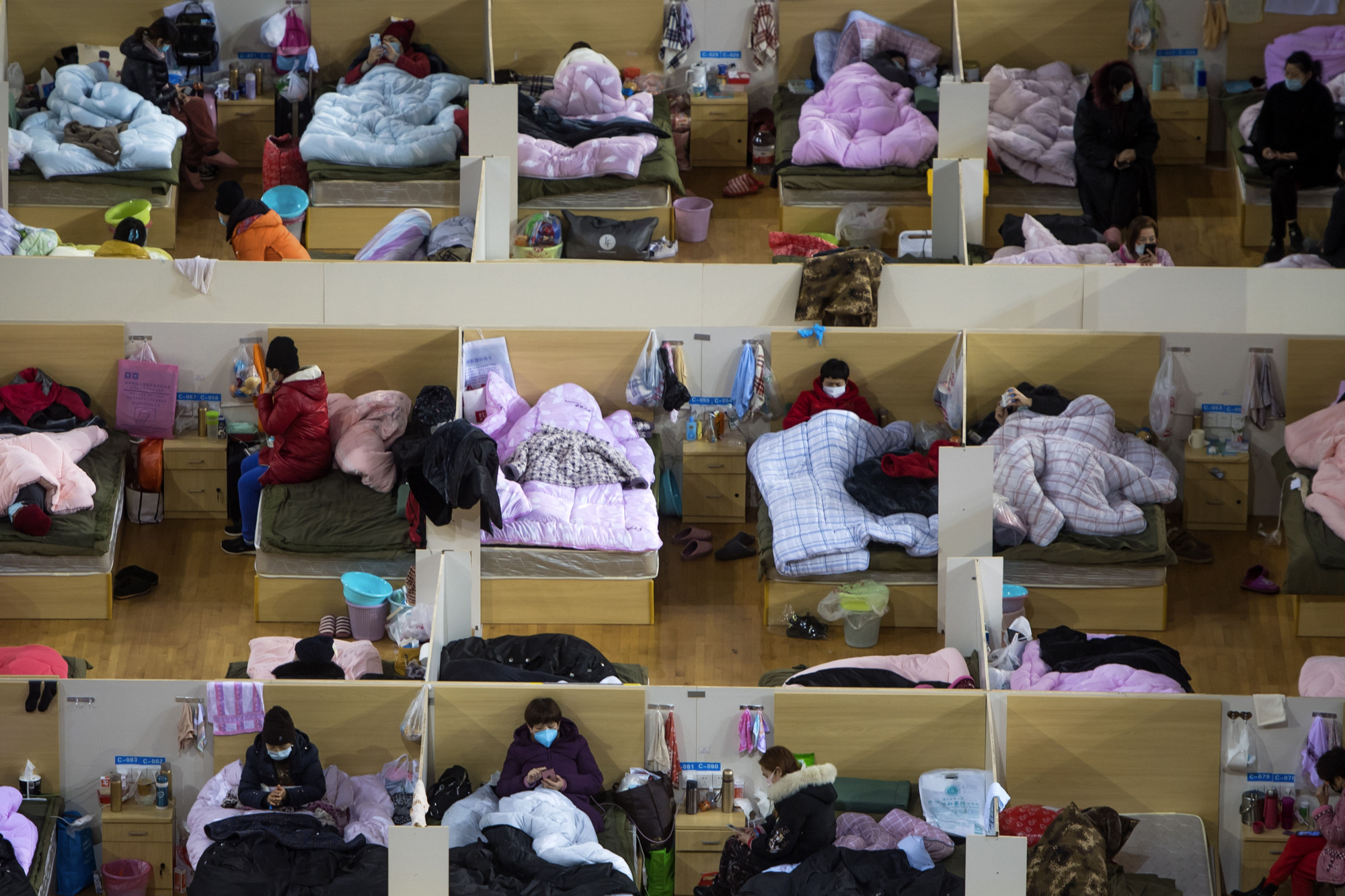It's been more than two months since Dec. 12, the day doctors first noticed a Chinese patient display symptoms of the highly infectious coronavirus that has claimed more than 2,100 lives across the globe. In the weeks following that early case, authorities missed one chance after another to contain the outbreak.
The censorship on Jan. 1 of eight doctors who tried to issue an early warning has become a lightning rod for public anger over the government's slow initial response. But it's now emerged that there were at least four other key moments in which authorities could've slowed the spread of the virus had they acted more quickly to educate the public and limit travel and mass gatherings.
Even after the first death from the pathogen on Jan. 9, Chinese officials continued to assure the public the virus wasn't serious and the situation was under control. The virus has now infected more than 75,000 people, devastating the 60 million people of Hubei province and closing large parts of China's economy.
















With your current subscription plan you can comment on stories. However, before writing your first comment, please create a display name in the Profile section of your subscriber account page.